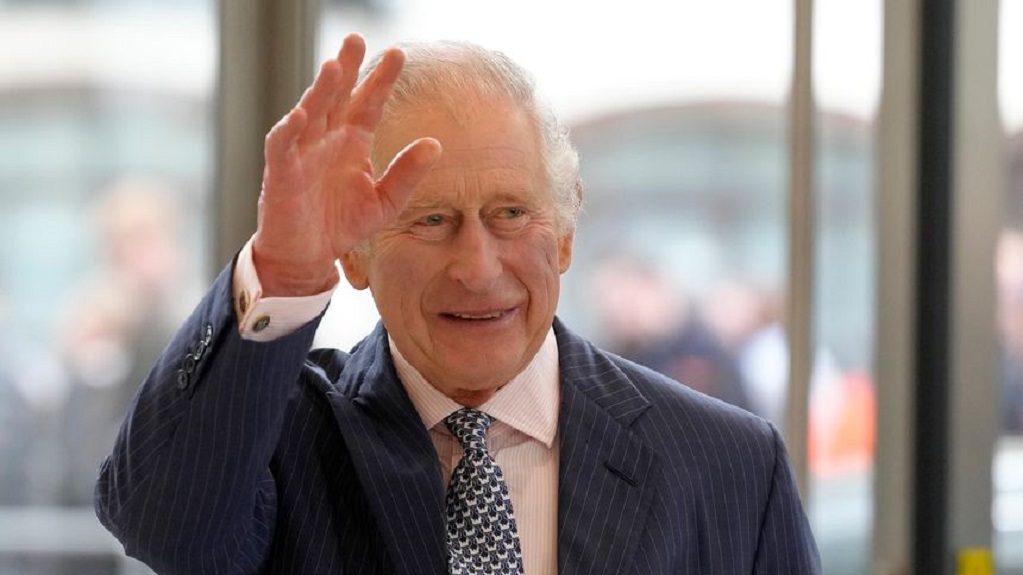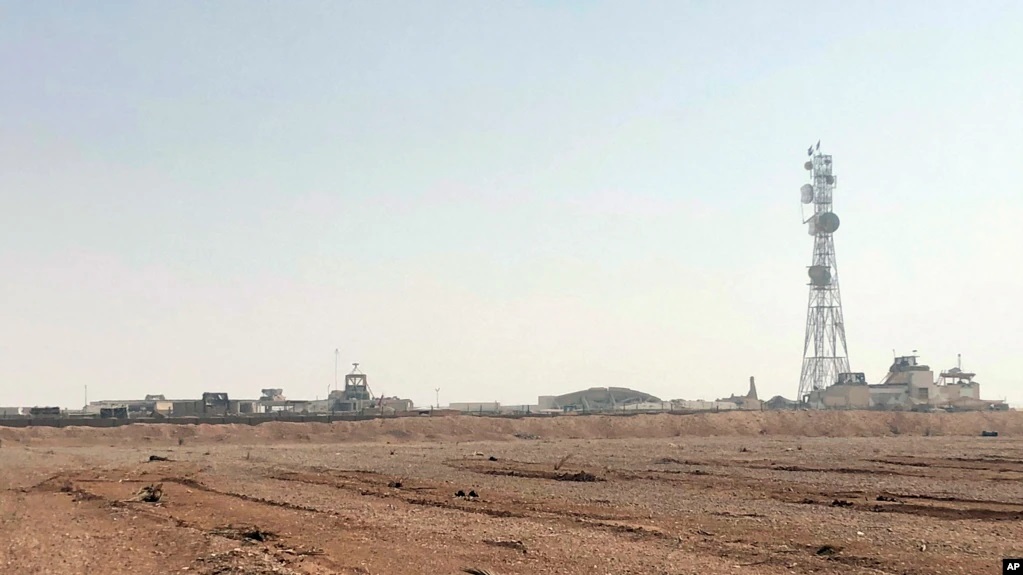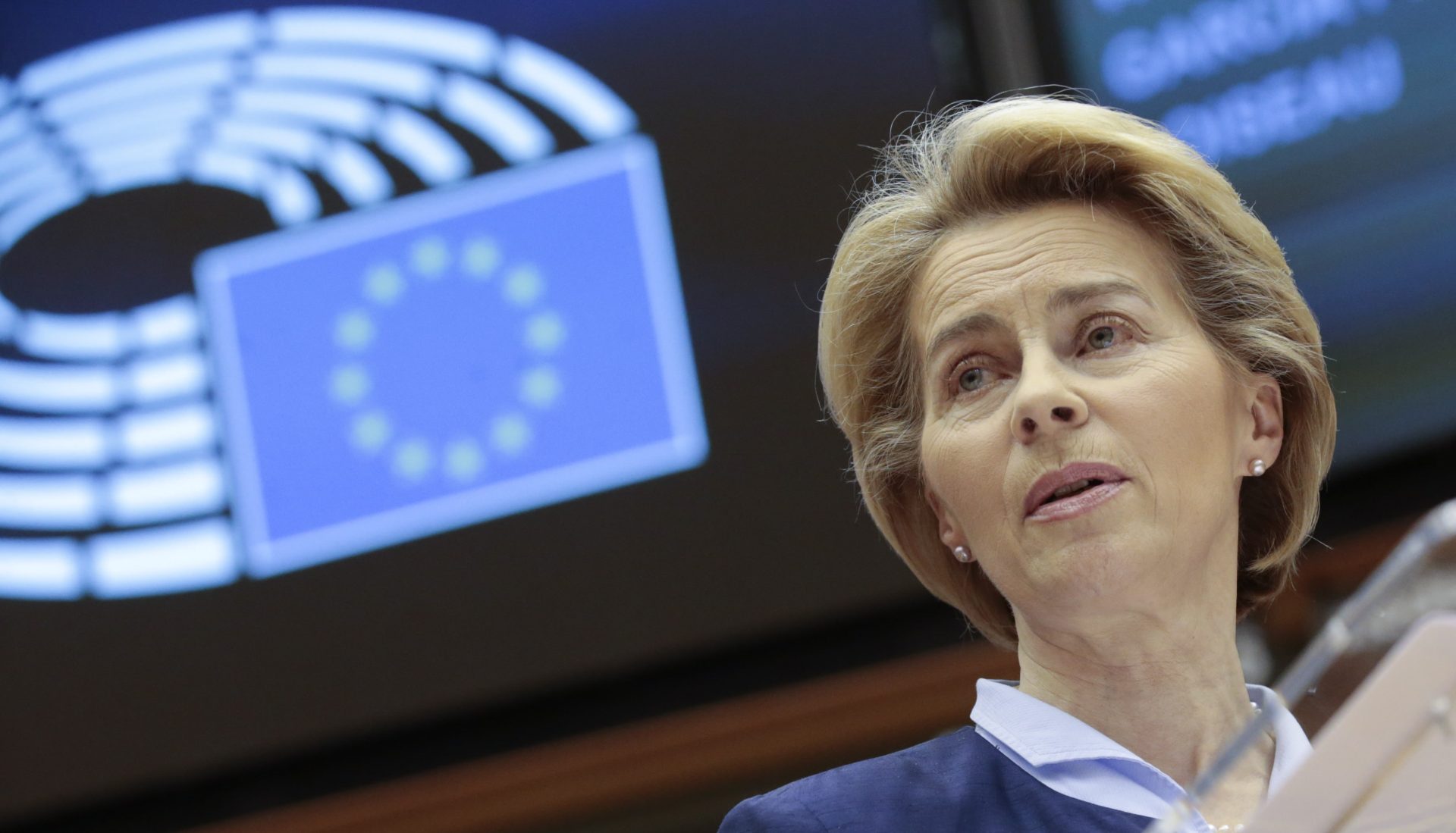Russia Reduces Air Combat Missions in Ukraine: UK Defense Ministry
Written by worldOneFm on December 5, 2022
Britian’s Defense Ministry said Monday that the number of missions conducted by Russian tactical combat aircraft over Ukraine “has reduced significantly” to probably “tens of missions per day, compared to a high of up to 300 per day.
In its intelligence update, posted on Twitter, the ministry said Russia has lost over 60 fixed-wing aircraft.
The decrease in missions, the ministry said, “is likely a result of continued high threat from Ukrainian air defenses, limitations on the flying hours available to Russian aircraft, and worsening weather.”
“With Russian’s ground attack tactics largely reliant on visual identification and unguided munitions, the Russian air force will likely continue a low rate of ground attack operations through the poor winter weather,” said the British ministry.
Ukrainian President Volodymyr Zelenskyy said in his daily address Sunday that Ukraine has something that Russia does not have. “We defend our home and that gives us the strongest motivation possible. We fight for freedom and that always multiplies any force. We defend the truth and this unites the whole world around Ukraine.”
The Ukrainian leader also urged Ukrainians to help each other “to get through this winter.” He said, “Please don’t ask if you can help and how. Just help when you see you can.”
U.S. Secretary of State Antony Blinken said Sunday that the cost of Western sanctions on Russia is mounting daily, making it more difficult for Moscow to replenish its weaponry to advance its ongoing war with Ukraine.
With trade controls imposed by the United States and its allies, Blinken said Russia cannot import the parts it needs to build more weapons to replace the ones that have been destroyed on the battlefields in Ukraine or sometimes abandoned as Moscow’s forces have retreated in the face of Ukrainian advances.
The top U.S. diplomat told CNN’s “State of the Union” program, “The costs are accumulating every day. The burden on Russia gets heavier every day.”
He said Western allies “are constantly looking” at various ways to tighten the sanctions even further to undermine the Russian economy and its war effort.
Blinken accused Russia of “trying to weaponize winter” with its barrage of airstrikes in recent weeks targeting Ukrainian power and water supplies to undermine the morale of the Ukrainian people. “This is indeed barbaric.”
The British defense ministry says a recent poll shows Russian public support for the war is dropping.
In its Sunday morning intelligence update, the ministry said an independent Russian media outlet has claimed that access to data collected by Russia’s Federal Protective Service indicates 55% of Russians favor peace talks with Ukraine, while only 25% say they support continuing the war. In April, some 80% of Russians were reported as supporting the invasion of Ukraine.
Meanwhile, the Russian energy chief, Deputy Prime Minister Alexander Novak, said Sunday that Moscow will not sell oil that is subject to a Western price cap even if it has to cut production.
Novak called the $60-a-barrel price cap imposed Friday by the Group of Seven leading industrialized countries and Australia a gross interference in world energy trade, an action that could lead to a supply shortage.
“We are working on mechanisms to prohibit the use of a price cap instrument, regardless of what level is set, because such interference could further destabilize the market,” Novak said.
“We will sell oil and petroleum products only to those countries that will work with us under market conditions, even if we have to reduce production a little,” he added.
Ukrainian President Volodymyr Zelenskyy called the price cap too little, but the U.S. defended it.
“We think the number at $60 a barrel is appropriate” to balance limiting Moscow’s ability to profit and ensuring supply meets demand, John Kirby, the U.S. National Security Council coordinator for strategic communications, said on Friday, adding that the cap can be adjusted.
The cap proposed by U.S. Treasury Secretary Janet Yellen aims to reduce Russia’s oil earnings, which support its military and the invasion of Ukraine.
The price cap took effect Monday, coinciding with the European Union’s embargo on most Russian oil shipments. It’s uncertain how all of this will affect oil markets, which are moving between fears of lost Russian supply and weakening demand caused by the lagging global economy. Russia could retaliate by halting shipments, and Europe may struggle to replace imports of Russian diesel fuel.
Some information in this report came from The Associated Press, Reuters and Agence France-Presse.







